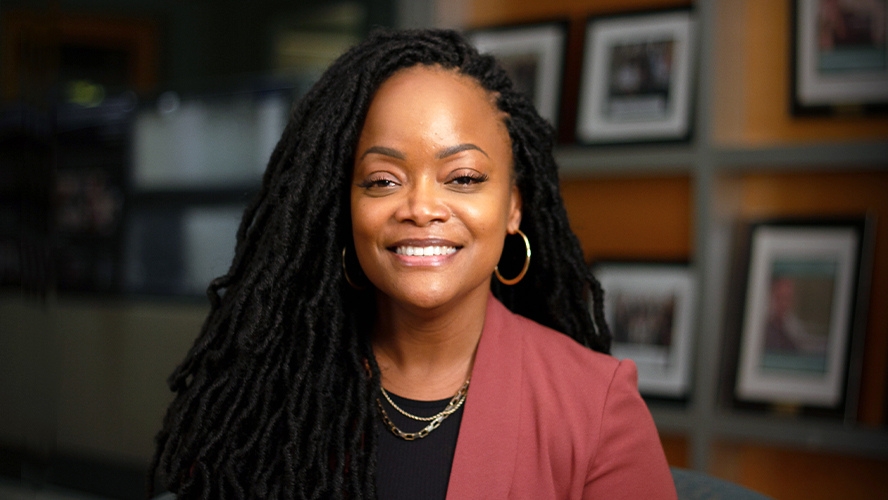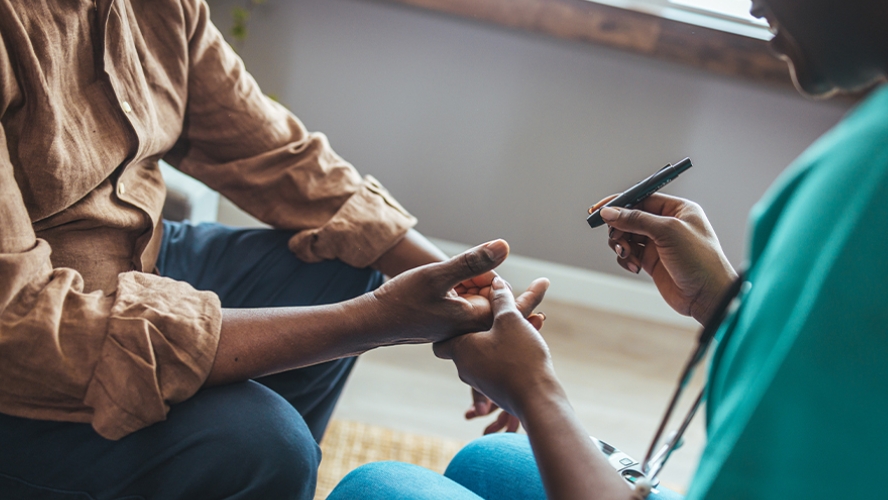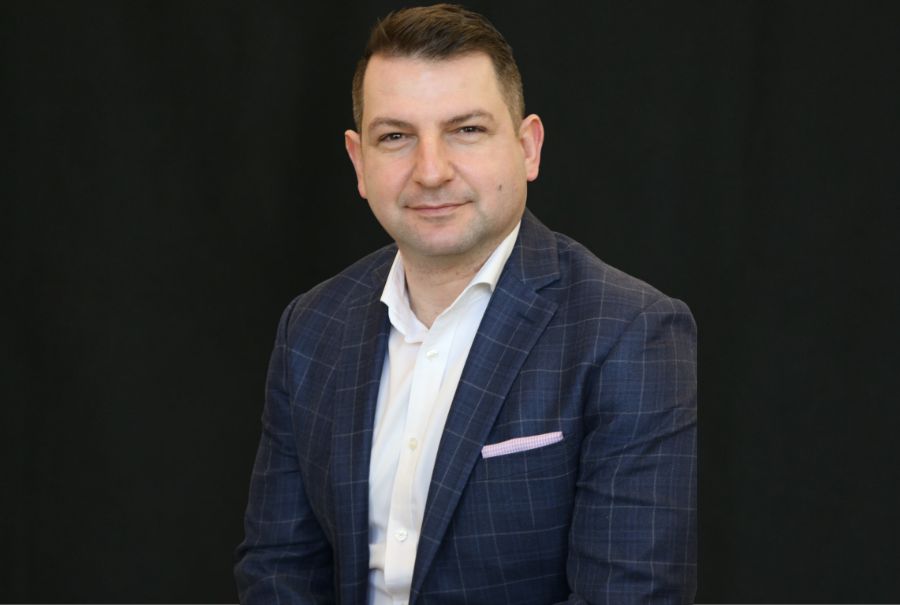
By UHN Research Communications
In a recent realist review at The Institute for Education Research (TIER) at UHN, scientists investigated how and why diabetes care training programs for care providers from vulnerable communities may or may not work.
Their findings offer insights into strategies to improve health care outcomes and promote health equity among vulnerable groups.
Diabetes affects about 5.7 million Canadians, with foot ulcers being one of its most severe complications.
If left untreated, diabetic foot ulcers can result in amputations and higher mortality rates compared to other diabetic complications. Amputations can be prevented with regular foot screenings.
However, shortages of clinicians, coupled with inadequate consideration of socioeconomic and cultural disparities, have restricted access for high-risk groups.
Indigenous Peoples, Black and South Asian Canadians often encounter elevated risks of disease complications due to limited access to health care services, cultural and socioeconomic barriers, and increased prevalence of conditions such as obesity and hypertension.
In response to these challenges, upskilling programs have emerged as a strategy to train care providers from these communities – including health care workers, personal support workers and family caregivers – with the skills to conduct foot screenings and help identify potential complications early on.
“While previous research suggests that these programs improve patient outcomes, little is known about how they are developed and in what situations they are effective,” says Dr. Nicole Woods, Senior Scientist at TIER and senior author of this study.
“By investigating their development process, we aim to provide valuable insights to create better programs in the future.”

Dr. Woods and a team of UHN researchers examined 52 existing studies on upskilling programs that employed diverse methodologies and took place in outpatient clinics, hospitals, or community centres.
Researchers found that considering the specific needs and circumstances of the communities served by these programs helped increase the number of people using the services. By addressing disparities such as lack of health literacy, inadequate patient-provider communication and social service disconnection, these upskilling programs trained care providers to deliver accessible care in community settings while also performing other roles like providing patient education, connecting individuals to community services and advocating for patients.
“Incorporating cultural sensitivity into the program was crucial,” says Dr. Samah Hassan, postdoctoral researcher and first author of this study. “Cultural competency training enhances a care provider’s ability to provide culturally sensitive care to patients from marginalized communities.”
Researchers also found that providing clearer incentives, continuous training, defined competencies and ongoing evaluation of training effectiveness for care providers would significantly impact the retention of care providers as well as the maintenance and success of these programs.
Preventive foot care is complex and requires a holistic approach and the collaboration of diverse care providers. Implementing structured health care pathways and coordination would help sustain the success of these programs.
The results of this review suggest that these initiatives hold promise in addressing health care disparities. However, ongoing evaluation and strategic development are needed to maximize their effectiveness.
“By focusing on these areas, we can ensure that upskilling programs for care providers not only continue to bridge health care gaps but also contribute to a more equitable and accessible health care system for all,” concludes Dr. Woods. “As researchers and policymakers collaborate on these efforts, the potential for positive change in diabetes care for marginalized communities becomes increasingly attainable.”
We would like to acknowledge Dr. Val E. Rac and Dr Brian D. Hodges for their invaluable guidance and support throughout this project. We are also grateful to the whole team (Patti Leake, Saul Cobbing, Catharine Marie Gray, Nicola Bartley, Andrea Etherington, Munira Abdulwasi, Hei-Ching Kristy Cheung, Nikki N. Woods, and Samah Hassan) for their expertise and assistance. This project would not have been possible without their continuous support and hard work.
This study was supported by generous donors to UHN Foundation.

No one ever changed the world on their own but when the bright minds at UHN work together with donors we can redefine the world of health care together.


